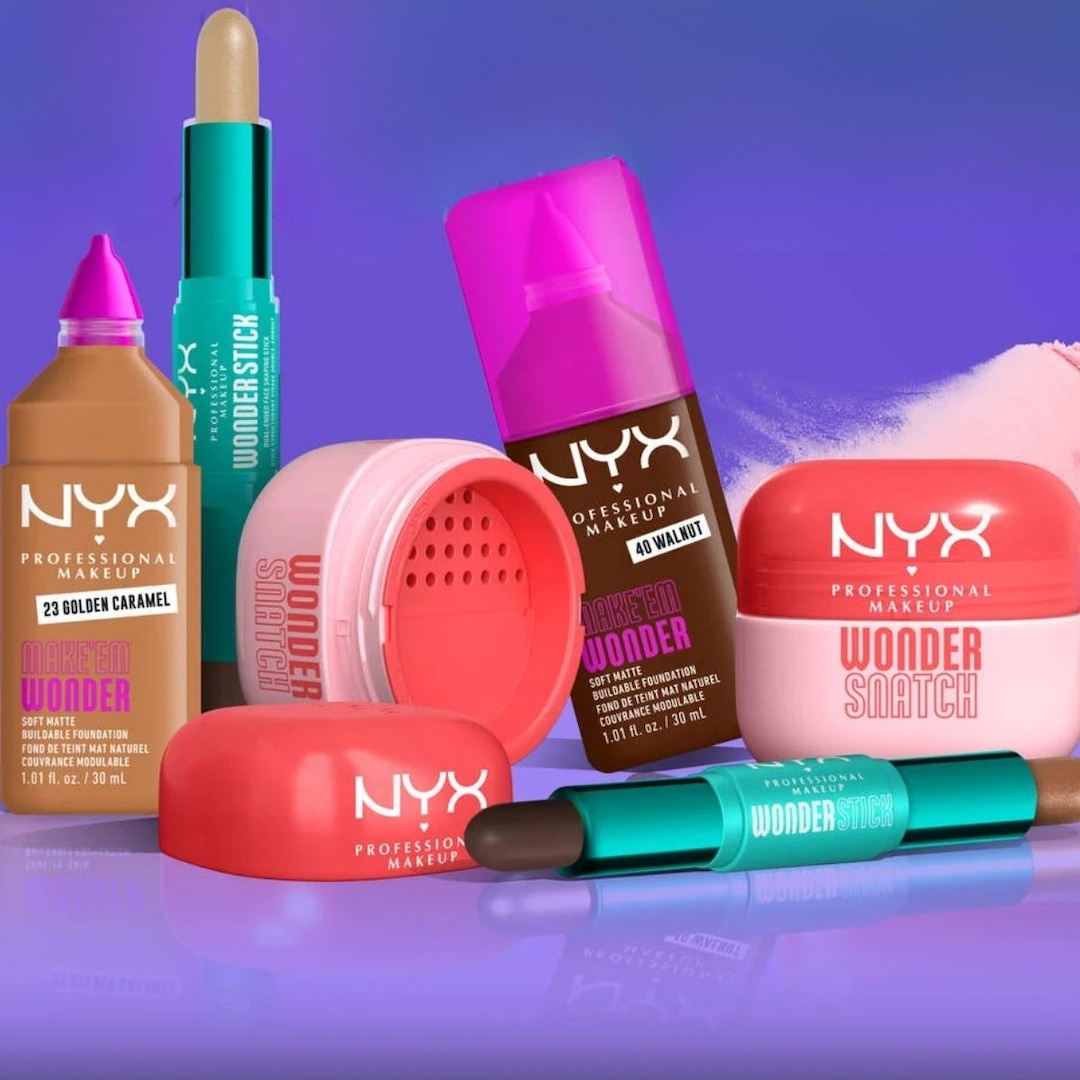Move Over Cucumber Pickles! There's a New Favorite Pickle in Town.
Got loads of zucchini? Think beyond zucchini bread or muffins and make pickles! Can them—it’s so easy—or store them in the fridge for months.


Zucchini bread or muffins are classic recipes for when you have an abundance of zucchini. I always need new ways to use the abundance of zucchini in the summer, so I started making pickles. It’s a great way to get rid of a lot zucchini and extend the season for many months into the future. Plus, zucchini pickles are delicious. If you’ve never tried them, you are in for a treat!
This is a great beginner canning recipe so dive in and give it a shot in the comments below!
Pickled Zucchini vs. Pickled Cucumbers
When it comes to making pickles, cucumbers and zucchini are surprisingly similar. They soak up the flavors in the brine nicely and turn crispy when pickled. The big difference is that cucumbers are maybe a bit crunchier while zucchini are slightly more fibrous and a little more tender. Although, I’m not sure I could tell the difference between cucumbers and zucchini. They are pretty close! I taste-tested these pickled zucchini with some friends and most didn’t even realize they weren’t cucumbers.

The Best Zucchini for Pickling
As zucchini get bigger, they get tougher and more fibrous. For canning purposes, I would stick to medium or small zucchini. Smaller ones are better for pickling because they have smaller seeds and are crunchier. You will have to cut them to fit in the jars.
Be sure to weigh the zucchini for this recipe—it calls for about 3 1/2 pounds. Zucchini come in a wide variety of sizes. The recipe calls for 6 medium zucchini, but weighing them is the best way to get the zucchini-to-brine ratio right.
Spice It Your Way
Pickled zucchini soak up some of the pickling spice flavor better than cucumbers. This version is garlicky, spicy, and so good. There are many spices you can add to the pickles—I recommend big flavors. After all, we are trying to get flavors into what are, to be honest, pretty bland vegetables. I always add one clove of garlic per jar, plus fresh dill and a few whole black peppercorns. Crushed red pepper flakes or a whole dried chilis make the pickles spicy—that’s optional.

How to Make the Pickling Liquid
This pickling liquid is a mix of distilled white vinegar and apple cider vinegar. I like the complexity of the apple cider vinegar, but you can use all white vinegar if you want. Add pickling salt and mustard seed to it and bring it to a boil. Keep the brine at a low simmer until you are ready to add it to the jars.
Tips for Canning and Storing Zucchini Pickles
I use a standard water bath canning process to make these pickles. Here are more things to consider:
- It’s okay if the zucchini are not completely covered with the pickling liquid. The zucchini will shrink a little when processed. Do make sure to get the jars full of the zucchini and fill them with the brine up to 1/2 inch from the rim.
- If you live at high altitude, adjust your processing time because water boils at a lower temperature. I live in Denver and process my jars for 20 minutes.
- Cool the processed jars slowly at room temperature and store them in a cool, dry place. I would recommend enjoying them within 6 months, but they will be fine for up to 1 year. Once open, refrigerate and eat the pickles within a week or two.
Leave me a comment if you tries out this delicious twist on classic pickles!

Tickled by Pickles
- Bread and Butter Pickles
- Pickled Eggs
- Pickled Okra
- Jalapeño Bread and Butter Pickles
- Quick Pickled Radishes
Heat the jars:
If you plan to store your pickles outside the fridge for any length of time, you will need to heat your jars in a hot water bath after canning.
To heat the jars for canning, place the jars in a large canning pot with a canning rack or steamer rack in the bottom. Fill the pot with warm water so that it comes up at least 1 inch above the jars. Bring to a full rolling boil and then keep at a gently simmer.
Wash the lids and bands in hot, soapy water.
Make the brine:
Add the apple cider vinegar, white vinegar, salt, and mustard seeds into a small pot. Bring to a simmer over low heat with the lid on. Keep it at a simmer until ready to use.
Prepare the zucchini:
Trim the ends of the zucchini so that they fit into your pint jars up to 1/2 inch below the top of the jar. Cut the zucchini into spears and slice the trimmed pieces into rounds—you can pickle them too. You should get 4 pint jars of spears and 2 pint jars of coins.

Fill the jars:
Remove the jars from the canner using jar lifters. Dump the hot water in the jars back into the canner, then set the hot jars on a clean dish towel on the counter.
Divide the garlic, dill, peppercorns, and red pepper flakes among the jars. Pack jars with the zucchini spears or slices. Pour the brine into each jar up to 1/2 inch from the rim, covering the zucchini. It’s okay if they aren’t completely covered as they will shrink slightly when processed.
Wipe the rims clean with a paper towel. Place a clean lid on each jar and secure fingertip-tight with a band.


Process in the hot water bath:
If you plan to store the pickles outside the fridge, you will want to process the filled jars in a hot water bath.
Return the filled jars to the same canning pot with its already hot water. The water level should be at least 1 inch above the top of the jars. Bring the water to a rolling boil, then boil for 10 minutes.
If you live at high altitude, add 5 to 10 minutes to the processing time. Over 5,000 feet elevation? Process the jars for 20 minutes. When in doubt, process for longer.
Cool and store:
You can enjoy the pickles after 5 days. If you don't process these jars in a water bath, they will keep in the fridge for 3 weeks.
Remove the jars from the pot with jar lifter. Let cool slowly to room temperature. Once cooled, be sure to check seals on jars. I do this by removing the metal bands and gently turning the jar upside down. A well-sealed jar won’t leak.
Store sealed jars in a cool, dry place for up to 1 year, but for the best flavor and texture, enjoy the pickles within 6 months. Once opened, refrigerate your pickles for up to 3 weeks.
Did you love the recipe? Leave us stars below!


This article has been sourced from various publicly available news platforms around the world. All intellectual property rights remain with the original publishers and authors. Unshared News does not claim ownership of the content and provides it solely for informational and educational purposes voluntarily. If you are the rightful owner and believe this content has been used improperly, please contact us for prompt removal or correction.










